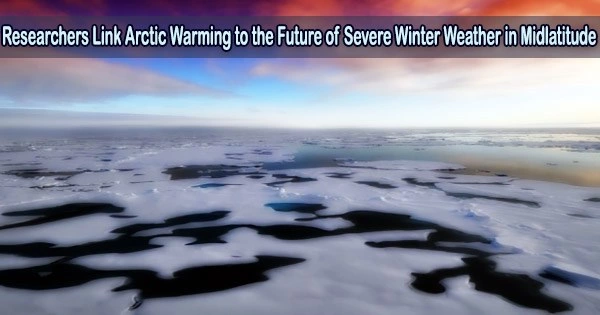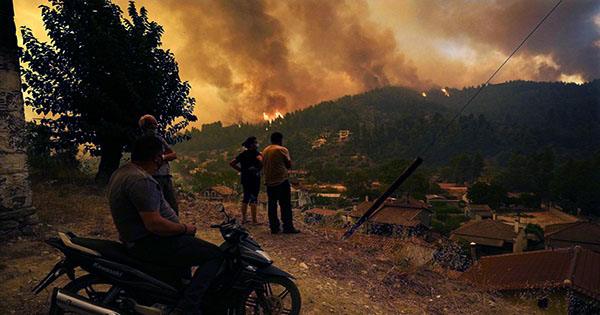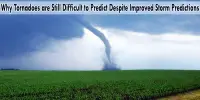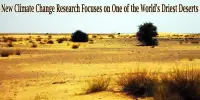Extreme winter weather has been connected to a warmer Arctic in midlatitude areas. However, it is unclear how global warming influences this relationship. While the “Warm Arctic-Cold Continent” pattern will persist as the climate continues to rise, researchers from Korea and the USA demonstrate in a recent study that Arctic warming will become a less reliable predictor of extreme winter weather in the future.
The photographs that have been used to demonstrate the effects of global warming are probably those of melting glaciers and stranded polar bears on receding sea ice in the Arctic. However, they do not convey the full extent of the consequences of warmer Arctic.
The significance of the Arctic in causing extreme weather events in other parts of the world has recently come into greater focus. Midlatitude winters have seen colder and more severe weather events, despite the Arctic warming at a rate twice as fast as the world average.
For instance, the winter of 2022-2023 saw record-breaking cold temperatures and snowfall in Japan, China, and Korea. Similar harsh cold spells with significant snowfall and protracted sub-zero temperatures have been felt in numerous regions of Eurasia and North America.
We found that the relationship between Arctic warming and cold weather events in midlatitude would become more uncertain under warmer climates, challenging the forecast of winter temperature in the future.
Mr. Yungi Hong
While there are multiple theories for this climate phenomenon, an international team of researchers led by Professor Jin-Ho Yoon from Gwangju Institute of Science and Technology (GIST), Korea set out to examine the relationship between the severe winters in the Northern Hemisphere and the melting sea ice in the Arctic region, a phenomenon referred to as the “Warm Arctic-Cold Continent” (WACC), and how this relationship changed with the warming climate.
In their study published online on 27th March 2023 in the journal npj Climate and Atmospheric Science, in order to investigate the potential connection and determine how various global warming scenarios would affect this phenomena, the researchers used climate projection models in conjunction with historical climate data to examine past climate patterns.
The researchers determined a correlation between winter temperatures in East Asia and North America and the temperatures of the Barents-Kara Sea and the East Siberian-Chukchi Sea in the Arctic region using climate data from the European Center for Medium-Range Weather Forecasting (ECMWF) dating back nearly 40 years. They observed that lower winter temperatures in East Asia and North America are usually accompanied by warmer Arctic Sea temperatures.
They also discovered that in other seasons, such as the winter of 2017–18 in East Asia, this pattern did not hold, indicating that there may be uncertainty regarding this linkage that is likely caused by variables other than Arctic Sea temperatures.
Nonetheless, using climate projections from the Half degree Additional warming, Prognosis and Projected Impacts (HAPPI) experiments which were targeted to project future climate under 1.5°C to 2°C warming scenarios, the researchers found the WACC pattern to persist even when global temperatures rose.
However, they discovered that as global warming accelerated, the relationship between the Arctic Sea temperature and the temperatures in East Asia grew less definite.
“We found that the relationship between Arctic warming and cold weather events in midlatitude would become more uncertain under warmer climates, challenging the forecast of winter temperature in the future,” says Mr. Yungi Hong, a Ph.D. student at GIST and a member of the research team.
“Our study shows that while one can expect the Arctic warming-triggered cold waves in the midlatitudes to persist in a warmer future, they will become more difficult to predict,” adds Prof. Jin-Ho Yoon.
The findings of this study emphasize the significance of ongoing research into the linkages between Arctic warming and the midlatitude climate in order to identify alternative indicators for future extreme winter weather events.
















